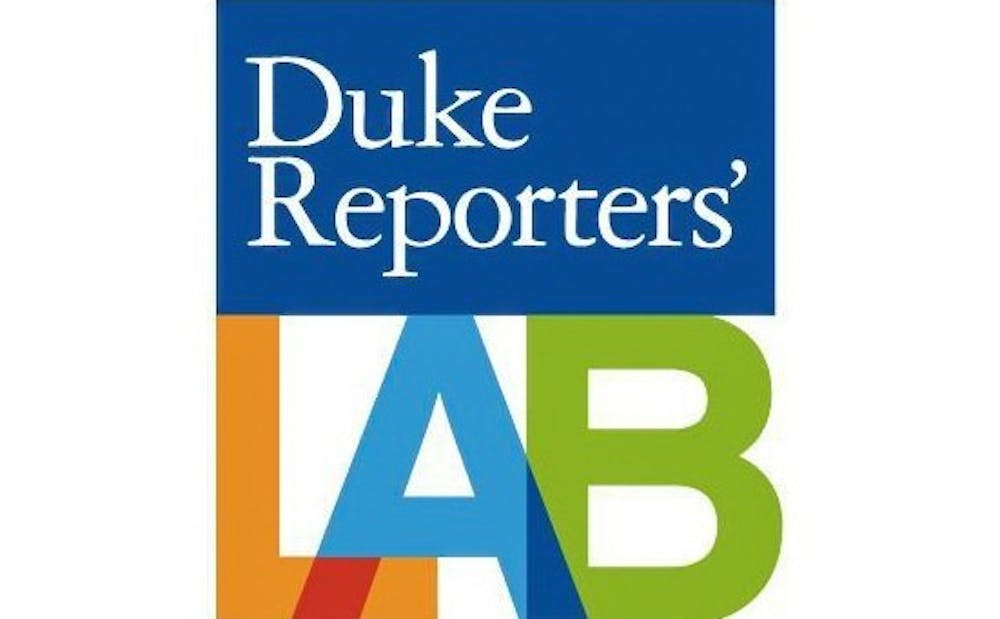In an effort to combat fake news, a Duke professor is building an app that automates fact-checking.
FactStream, an app for fact-checking live events, is the first in a series of apps that the Duke Reporters’ Lab is working on as part of Duke Tech & Check Cooperative. Funded by the John S. and James L. Knight Foundation, the Facebook Journalism Project and the Craig Newmark Foundation, the project received $1.2 million in Fall 2017 to work to automate fact-checking.
A study from Princeton University, Dartmouth College and the University of Exeter suggested that consumption of fact-checks is most often from non-fake news consumers. The aim of FactStream is to expand who is consuming fact-checks, said Bill Adair, director of the Duke Reporters’ Lab and the founder of the Pulitzer Prize-winning fact-checking website PolitiFact.
“Our goal in the lab has been to use automation to broaden the audience for fact-checking,” Adair said. “That’s why we created FactStream.”
Adair said he wants to give people the information to make their own decisions about the messages leaders are communicating.
“Some think [a fact-checker’s] goal is to persuade people,” Adair said. “But as a journalist, I think our role is to provide people with information. They can decide how they want to use that information.”
Adair's desire to give people the autonomy over that information led him to want to shift his focus toward exploring "ways that we can make fact-checks more effective,” he said in an interview with the Columbia Journalism Review. The app is beginning to see some results, he said.
“Overall, the app functioned quite well,” Adair wrote in a post for the Duke Reporters’ Lab after the first test of FactStream during President Trump’s State of the Union address. “Our users got 32 fact-checks during the speech and the Democratic response.”
Nevertheless, FactStream is still not completely automated. Rebecca Ianucci, the research and communications coordinator for Duke Reporters’ Lab, said that FactStream, in its first version, is “a manual app that requires the work of human fact-checkers behind the scenes.”
The current version relies on the fact-checkers to listen for claims and then write short updates or post links to previous work. In the beta test, the instant analysis is provided by FactCheck.org, PolitiFact, and the Washington Post Fact Checker.
Adair noted that he is planning to develop future versions of FactStream. However, the app faces two main barriers—the challenge of automated voice detection and the difficulty of collecting good natural language to process, which will enable high-speed matching to previous checks. He added that amidst these challenges, fact-checkers are increasing the size of their audience but that may not necessarily result in action among viewers.
“I think fact-checkers are effective at getting their work to larger and larger audiences,” Adair said. “Whether people choose to act on that is up to the people.”
Charles Lewis, professor at American University and founder of the Center for Public Integrity emphasized the importance of the Reporters' Lab's efforts to broaden the audience for fact-checking.
“I applaud and commend the efforts by Bill Adair and the Duke Reporters' Lab in verifying facts and truth so vital to our representative democracy, unfettered by foreign or domestic political or corporate propaganda manipulation,” Lewis said.
Get The Chronicle straight to your inbox
Signup for our weekly newsletter. Cancel at any time.

